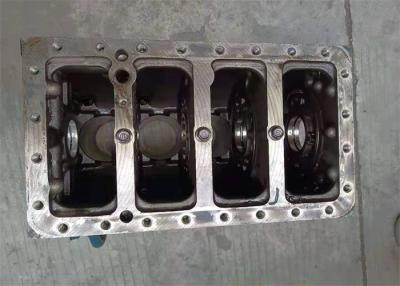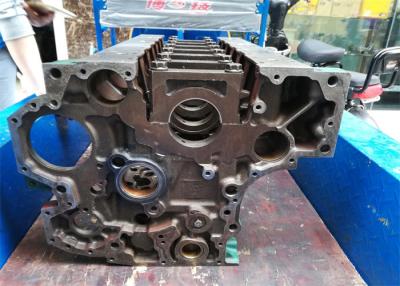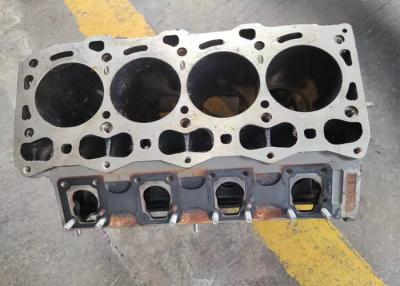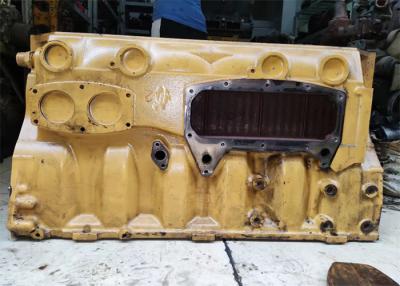





| Price | Negotiated |
| MOQ | Negotiable |
| Delivery Time | 5 - 8 work days |
| Brand | Kubota |
| Place of Origin | Japan |
| Model Number | V2403 C2.4 |
| Packaging Details | Neutral Package or Fumigation Free |
| Payment Terms | D/P, T/T |
| Supply Ability | 5 pieces |
| Condition | Used | Engine model | V2403 |
| Place of Origin | Japan | Size | Standard |
| Packaging Details | Neutral Package or Fumigation Free | Color | Same as pictures |
| Excavator model | KX155 | Material | Steel |
| Model Number | V2403 C2.4 | Supply Ability | 5 pieces |
| Brand Name | Kubota | Payment Terms | D/P, T/T |
| Type | Diesel Engine | Price | Negotiated |
| Delivery Time | 5 - 8 work days | Quality | High quality |
V2403 C2.4 Diesel Used Engine Blocks For Excavator E307 Water Cooling
Specification
| Car name: Engine cylinder block |
| Model Number: V2403T |
| Cylinder stroke: 87 |
| Cylinder diameter: 102 |
| Application: Excavator |
| valve: 8 valve |
| Cooling: Water cooling |
| Injection: Eddy |
| Work form: Turbo |
Description
Cylinder Block Design
Alloys commonly used for engine block include the alloys EN AC-46200 (AlSi8Cu3) and EN AC45000 (AlSi6Cu4) which are similar to the American standard alloys A380.2 and A319, respectively. These hypoeutectic Al-Si alloys are generally produced from recycled aluminium and are mostly applied for engine blocks produced with gravity casting processes.
The relatively high Cu content enables them to retain their strength at elevated temperatures and makes them easily machinable. The as-cast (F) condition and the T4 and T5 heat treatments are commonly used.
Almost
all
high
pressure
die
cast
engine
blocks
are
produced
with
the
very
common
secondary
alloy
EN
AC-46000
(AlSi9Cu3(Fe)).
Except
for
a
moderate
annealing
for
the
reduction
of
residual
stresses,
no
further
heat
treatment
can
be
applied
in
general.
Engine
blocks
cast
from
the
alloys
EN
AC-42100
(AlSi7Mg0.3)
and
EN
AC-42000
(AlSi7Mg)
achieve
very
high
strength
and
elongation
values
at
room
temperature
when
a
T6
heat
treatment
is
applied.
Attention
has
to
be
paid
to
residual
stresses
resulting
from
quenching
during
T6
treatment.
The
higher
resistance
to
cracking
in
the
plastic
regime
offered
by
these
alloys
enables
them
to
survive
the
much
harsher
thermal
fatigue
loading
conditions
encountered
in
this
application.
There is some sacrifice in machinability (mainly burring) and added cost in heat treatment since a T6 or T7 temper is usually required. Due to limited contents of impurity elements such as Fe, Mn, Cu, and Ni, there is also an additional cost compared to the secondary alloys mentioned above.
Blocks
from
hypereutectic
AlSi
alloys
(AlSi17Cu4Mg)
are
usually
produced
with
low
pressure
die
casting
and
are
subsequently
T6
treated.
Also
this
alloy
is
generally
more
expensive
compared
to
the
standard
secondary
foundry
alloys.
Applicable
casting
processes
For
the
production
of
engine
blocks,
a
multitude
of
casting
technologies
are
applied.
From
an
economic
aspect,
for
mass
produced
engines,
highly
automated
casting
methods
using
sand
moulds
(“core
package
processes”),
where
the
cycle
time
is
not
limited
by
the
solidification
conditions,
are
competing
with
die
casting
methods
where
the
cycle
time
is
limited.






